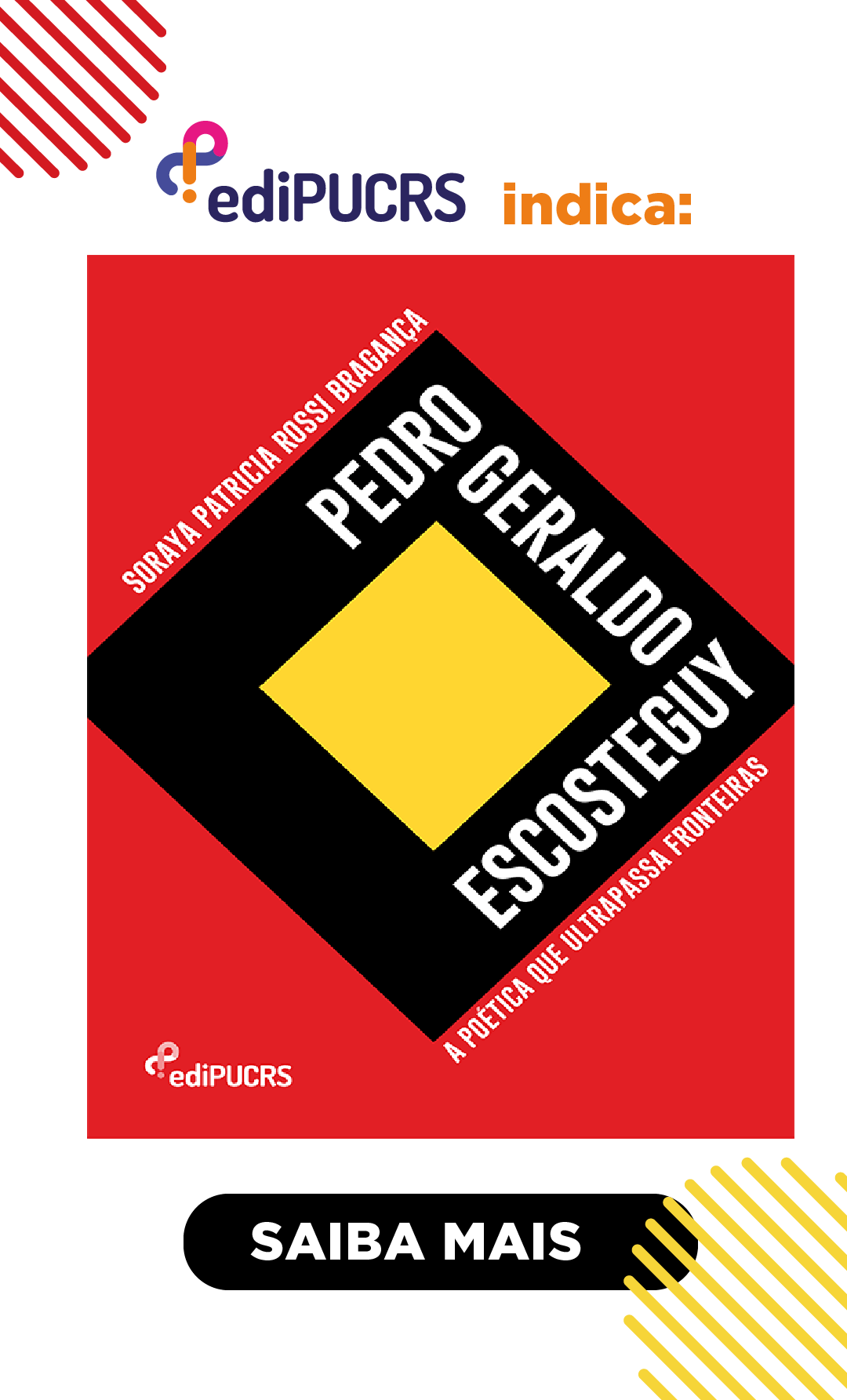Aculturação, “cafrealização” e identidade moçambicana em Choriro, de Ungulani Ba Ka Khosa
DOI:
https://doi.org/10.15448/1983-4276.2015.2.20277Keywords:
Literatura moçambicana, Aculturação, Memória cultural, Identidade nacionalAbstract
Neste artigo analisa-se o processo de aculturação de um desertor português à cultura africana, delineado no romance Choriro (2009), do escritor moçambicano Ungulani Ba Ka Khosa. A história desenrola-se na segunda metade do século XIX no Vale do Zambeze no Centro de Moçambique. Concretamente demonstra se como a aculturação (“cafrealização”) da personagem é lograda, quais as resistências e medos que provoca nos africanos, e qual a sua consequência no que diz respeito à coesão e identidade social dos achicunda (ex-escravos armados dos prazos). Estas questões discutem-se em estreita relação com as práticas sociais da época, esboçadas nos trabalhos historiográficos de Allen e Barbara Isaacman. Procura-se ainda confrontar a aculturação da personagem com os teoremas do sociólogo português Boaventura de Sousa Santos, e avaliar, a partir de ai, a sua importância para a construção da memória cultural e identidade nacional.
************************************************************************************************************************************************************************************************************
Acculturation, “kaffrealization” and Mozambican identity in Choriro by Ungulani Ba Ka Khosa
Abstract: This article analyzes the process of acculturation of a Portuguese deserter to African culture, outlined in the novel Choriro (2009) by the Mozambican writer Ungulani Ba Ka Khosa. The story takes place in the second half of the nineteenth century in the Zambezi Valley in central Mozambique. In particular this article questions the process of acculturation (“kaffrealization”) of the character, the resistance and fear it causes in the Africans, and its consequences with regard to cohesion and social identity of the achicunda (armed ex-slaves on the prazos). These issues are discussed in close relationship with the social practices of the time, outlined in the historiographical work of Allen and Barbara Isaacman. Furthermore the article confronts the acculturation of the character with the theorems of the Portuguese sociologist Boaventura de Sousa Santos, and evaluates its importance for the construction of cultural memory and national identity.
Keywords: Mozambican literature; Acculturation; Cultural memory; National identity
Downloads
References
ASSMANN, Aleida. Der lange Schatten der Vergangenheit. Erinnerungskultur und Geschichtspolitik. Munique: H.C. Beck, 2006.
ASSMANN, Jan. Das kulturelle Gedächtnis. Munique: H. C. Beck, 2007.
CAPELA, José. Donas, senhores e escravos. Porto: Afrontamento, 1995.
DIOGO, Rosália Estelita Gregório. Ungulani ba ka Khosa: a literatura tem que transportar os valores das culturas e das línguas locais. SCRIPTA, Belo Horizonte, v. 14, n. 27, p. 187-193, 2º sem. 2010.
GREENBLATT, Stephen. A mobility studies manifesto. In: GREENBLATT, Stephen; ŽUPANOV, Ines; MEYERKALKUS,Reinhard; PAUL, Heike ; NYÍRI, Pál; PANNEWICK, Friederike (Org.). Cultural Mobility: a manifest. Cambridge: Cambridge University Press, 2010, p. 250-253.
ISAACMAN, Allen. Chikunda Transfrontiersmen and Transnational Migrations in Pre-Colonial South Center Africa, ca 1850-1900. Zambezia, Harare, v. XXVII, p. 109-138, 2000.
ISAACMAN, Allen; ISAACMAN, Barbara. The Ambiguous Role of the Chikunda in the South Central African Slave Trade 1800-1902. In: ZIMBA, Benigna; ALPERS, Edward; ISAACMAN, Allen (Org.). Slave Routes and Oral Tradition in Southeastern Africa. Maputo: Filsom Entertainment, 2005, p. 125-156.
ISAACMAN, Allen; ISAACMAN, Barbara. Slavery and Beyond: The Making of Men and Chikunda Ethnic Identities in the Unstable World of South-Central Africa, 1750-1920. Portsmout: Heinemann, 2004.
ISAACMAN, Allen; ISAACMAN, Barbara. The Tradition of Resistance in Mozambique: Anti-Colonial Activity in the Zambesi Valley, 1850-1921. London: Heinemann, 1976.
KHOSA, Ungulani Ba Ka. Choriro. Maputo: Alcance, 2009.
KHOSA, Ungulani Ba Ka. Memórias perdidas, identidades sem cidadania. In: COLÓQUIO INTERNACIONAL PORTUGAL ENTRE DESASSOSSEGOS E DESAFIOS, 2011, Coimbra. Disponível em: <http://gm54.wordpress.com/2011/04/06/
memorias-perdidas-identidades-sem-cidadania/>. Acesso em: 16 dic. 2014.
LEITE, Ana Mafalda. Reescrever os limiares da História para repensar a nação. In: LEITE, Ana Mafalda; OWEN, Hilary; CHAVES, Rita; APA, Livia (Org.). Nação e narrativa póscolonial, Vol. I. Lisboa: Edições Colibri, 2012, p. 107-122.
MANJATE, Lucílio. Como é que se escreve Choriro? Literatas: Revista de Literatura Moçambicana e Lusófona, 2011. Disponível em: <http://literatas.blogs.sapo.mz/74614.html>. Acesso em: 16 dez. 2014.
NEWITT, Malyn. Portuguese Settlement on the Zambesi: Exploration Land Tenure and Colonial Rule in East Africa. London: Longman, 1973.
NEWITT, Malyn. História de Moçambique. Tradução de Lucília Rodrigues e Maria Georgina Segurado. Mem Martins: Europa-América, 1997.
SANTOS, Boaventura Sousa. Entre Próspero e Caliban: colonialismo,
pós-colonialismo e interidentidade. Novos estudos CEBRAP, São Paulo, n. 66, p. 23-52, 2003.
SECCO, Carmen Lucia Tindó. Os outros pés da História (Uma leitura de Choriro, de Ba Ka Khosa, e de O outro pé da sereia, de Mia Couto). In: LEITE, Ana Mafalda; OWEN, Hilary;
CHAVES, Rita; APA, Livia (Org.). Nação e narrativa póscolonial. Lisboa: Edições Colibri, 2012, p. 91-106.
ZAMPARONI, Valdemir. A política do assimilacionismo em Moçambique, c. 1890-1930. In: DELGADO, Ignacio; ALBERGARIA, Enilce; RIBEIRO, Gilvan; BRUNO, Renato (Org.). Vozes (além) da África. Tópicos sobre identidade negra, literatura e história africanas. Juiz de Fora: UFJF, 2006.
p. 145-175.
Downloads
Published
How to Cite
Issue
Section
License
Copyright
The submission of originals to Navegações implies the transfer by the authors of the right for publication. Authors retain copyright and grant the journal right of first publication. If the authors wish to include the same data into another publication, they must cite Navegações as the site of original publication.
Creative Commons License
Except where otherwise specified, material published in this journal is licensed under a Creative Commons Attribution 4.0 International license, which allows unrestricted use, distribution and reproduction in any medium, provided the original publication is correctly cited.





